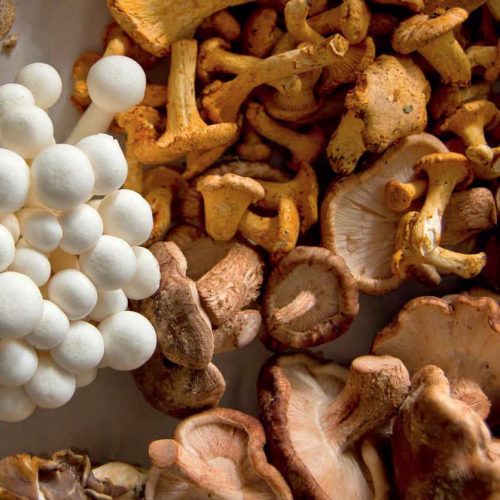Seasonality

Cooking seasonally and working with the seasons seems like a lost art in these days of plastic wrapped, poly-tunnelled uniform fruit and veg, lining our 24-hour supermarket shelves. The availability of anything, whenever you want it on the one hand can seem a cook’s dream but remember the down side: a hefty price tag of air miles, mono-cropping, and diminished flavours and nutrients.
ICSA member school ‘Demuths’ in Bath is run by one of the UK’s leading plant-based chefs Rachel Demuth,
who owned award-winning Demuths Restaurant for 26 years. Demuths champions plant-based cooking, focusing on vegetarian and vegan food. Owner Rachel is a staunch supporter of cooking and eating seasonally.
She says: “There are many aspects of seasonality to enjoy and, considering the wider issues of food miles and irradiation of food, it makes sense for so many environmental reasons today.
“Eating fresh plant foods at the time of year they ripen where you live is best. Every month can be marked by a special seasonal vegetable or fruit. Some may have short seasons but all are worth waiting for.”
Anyone who grows their own will already appreciate the marking of the seasons by when they prepare the soil, what and when they plant, and the anticipation of harvests and meals. It’s a natural cycle that Rachel delights in.
She says: “For taste, freshness, and the thrill of harvesting your own crop, there is nothing better than digging the first of the new potatoes, rubbing off the earth and cooking them, all sweet and waxy. Or the first of the broad beans, with the skins so soft that there is no need for double podding. Sharing a garden or allotment is a great way of sharing the workload and the vegetable gluts, not to mention meeting new people and have a ‘digital-detox’, amongst nature and the seasons.”
For those not so keen on dirt and digging, farmers markets sell locally grown produce that will keep you grounded in the seasonal mood and
get you cooking straight from the local fields. For those who don’t have time to shop the markets, there’s still no excuse: a weekly delivered veg box keeps you creative and gets you out of a rut of always cooking the same dishes.
Rachel continues: “The supermarkets think we desire seasonal produce all year round by flying the harvest from the other side of the world. Crops grown
by using glasshouses, poly-tunnels, even artificial lighting and temperature controls to mimic, but rarely matching, the plant’s natural requirements for normal growth and development. Such ‘out-of-season’ fruits rarely taste as good.
“I’m sure it’s rare that a shopper craves strawberries and asparagus in mid-winter. If you’ve ever tasted a strawberry that has been flown thousands of miles, refrigerated, and probably picked before it is ripe, you’ll know it’s not worth it. Compare such strawberries with picking your own on a beautiful June day and eating it straight from the plant

